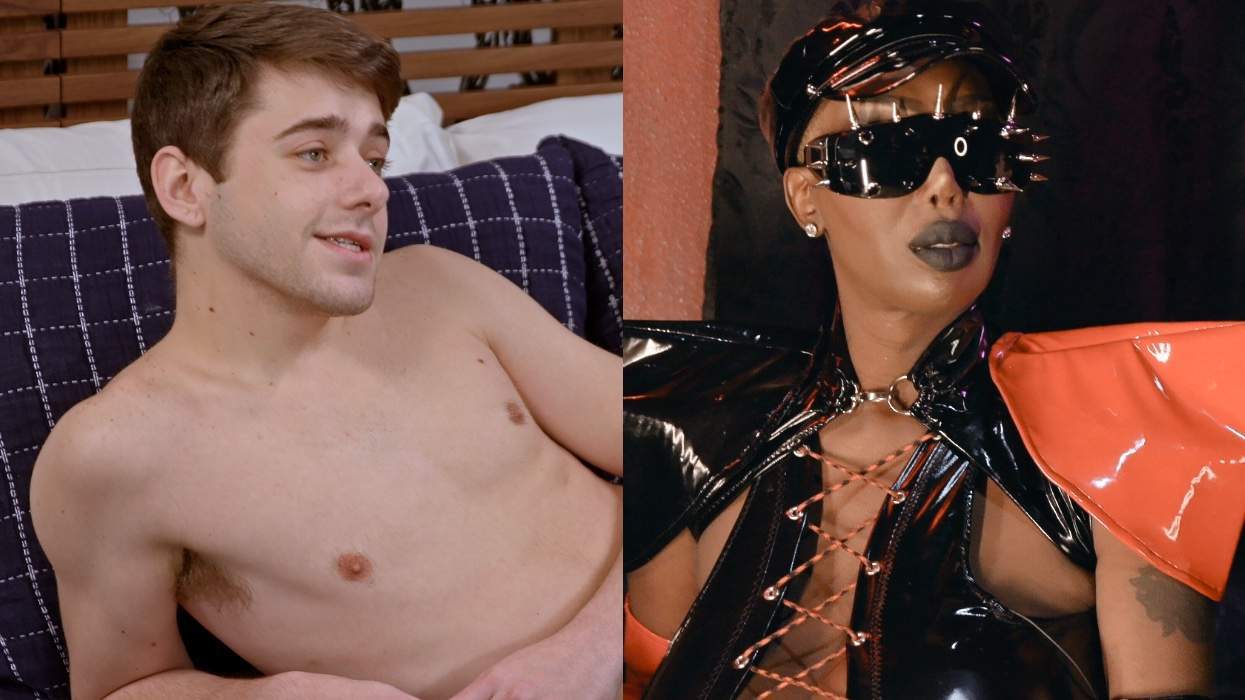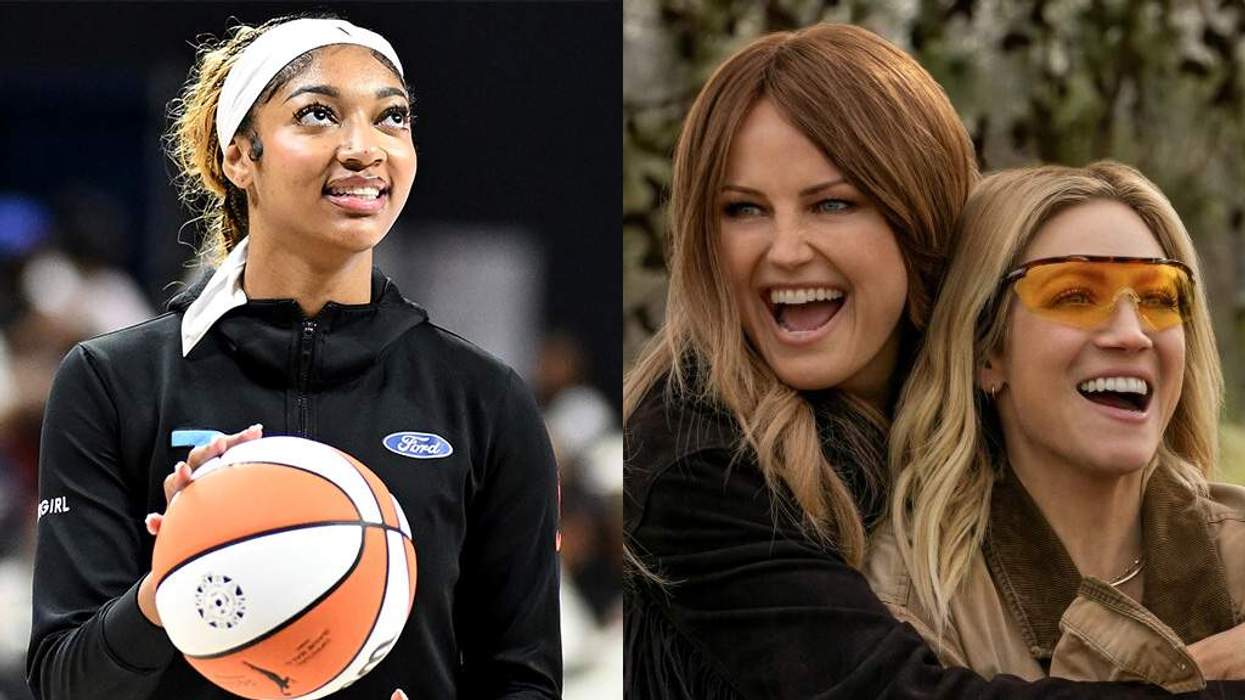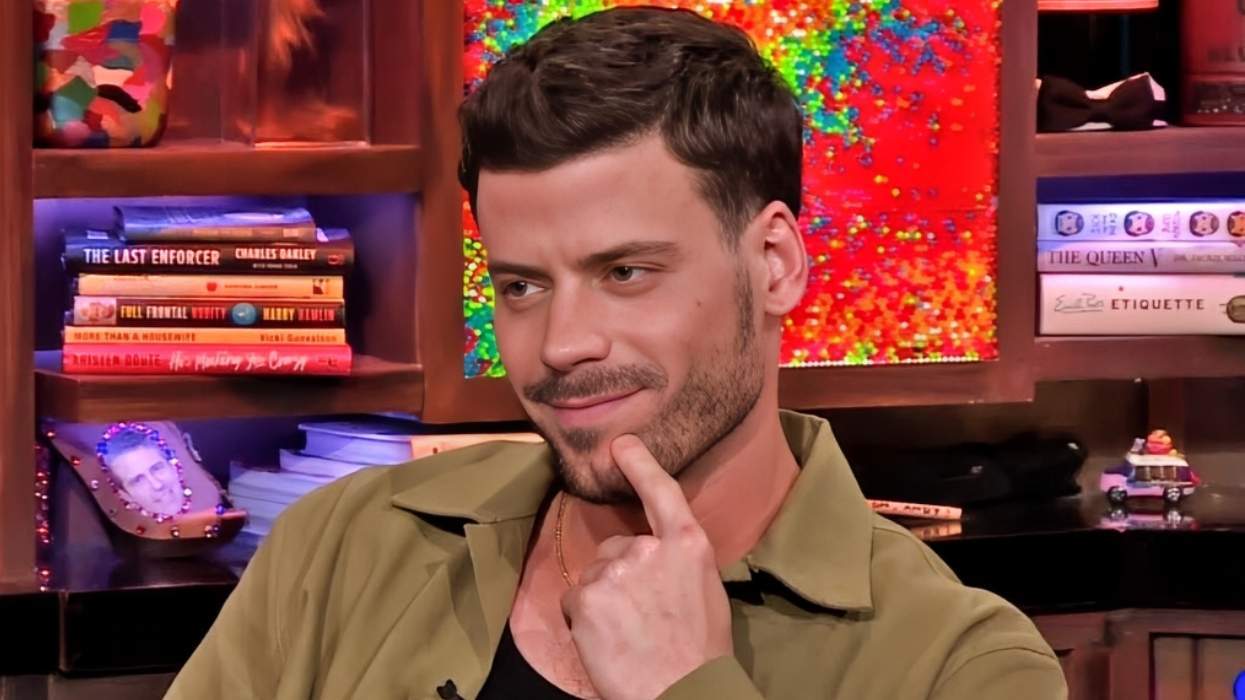A new report from Business Insider dives into the behind-the-scenes drama of the hit reality tv-series America's Next Top Model.
It's no secret that the show has not aged well. It began in 2003 and pitted young girls all over the country against each other for the chance to win a modeling contract. The show included challenges where Tyra asked contestants to get Blackface for challenges, walk down buildings, and more experiences that they are now calling "psychological warfare."
The new report details 20-hour workdays, $38 daily food stipends as the only form of payment, contestants starving themselves for fear of gaining weight, and more grueling situations these young adults found themselves in. One creative director said "producers sought to include an 'element of fear' in photo shoots. If a contestant was nervous, producers would purposefully photograph her first or last to escalate the tension; if she mentioned she was afraid of a specific animal, she would be paired with that animal in a photo shoot, producers said."
When one contestant had a panic attack onset, she said that "producers once withheld medical treatment during a panic attack for at least 10 minutes 'to capture the raw, human drama on film, and thus make for better television.'"
In season 16, contestants "had to walk a 12-inch-wide runway over water in inflatable human-size hamster wheels. The contestant Hannah Kat Jones said that when no one fell into the water the first round, the models were forced to walk again until someone did."
The article also pointed out other upsetting instances involving LGBTQ+ contestants. In season 22, the show forced Nyle DiMarco, who is deaf and had a translator by his side during the show, to complete a photoshoot in the dark where he was obviously struggling. Gay contestant Kim Stolz was criticized for her "masculine" photos, judge Nyle Barker even nicknamed her "Tim." The show's first openly gay male contestant, Cory Wade, was constantly criticized for being too feminine, saying things like, "You need to lead with your crotch — you need to grow facial hair."
Actor Isis King revealed that the show basically forced to do her on T-injections on camera, describing producers on the show as "pretty inappropriate and disrespectful." She says that other contestants would call her a "he/she" and a drag queen and she was uncomfortable changing in front of them. At the time, she was just beginning her medical transition and needed help with her t-injections "as she was worried she might faint and wanted to keep the injections private." At first, producers said they would allow the on-set medic to help her. But once King was in the house, producers told her she would have to do the injections herself and that, "if she wanted help, she would have to ask a fellow contestant." Another contestant would end up helping King out in the bathroom. According to the report, "it was a scene that Banks and the executive producer Mok fought to air, arguing that it would change viewers' perceptions of transgender people." The show won a GLAAD award that year.
King didn't appreciate the behind-the-scenes manipulation. "I was there as a trans woman," she said. "That's enough of an impact. I don't need to do a hormone shot on camera."
The report details the experiences of almost 30 contestants and crew members and while the show was definitely entertaining at the time, for many of the contestants, it seems like it's done more harm that good. One contestant said her self-confidence was "so damaged" by the show that "she couldn't even look at photos of herself years into her career as a professional model." She says she had no idea what she signed up when "she entered an alternate reality at 21 where Banks' judgment felt like life or death."
"The show left a trail of very hurt young girls who really had to overcome a lot of self-esteem and self-worth issues," Eugena Washington said. "Talking to a lot of contestants, it took us years to recover the things that we lost on that show."
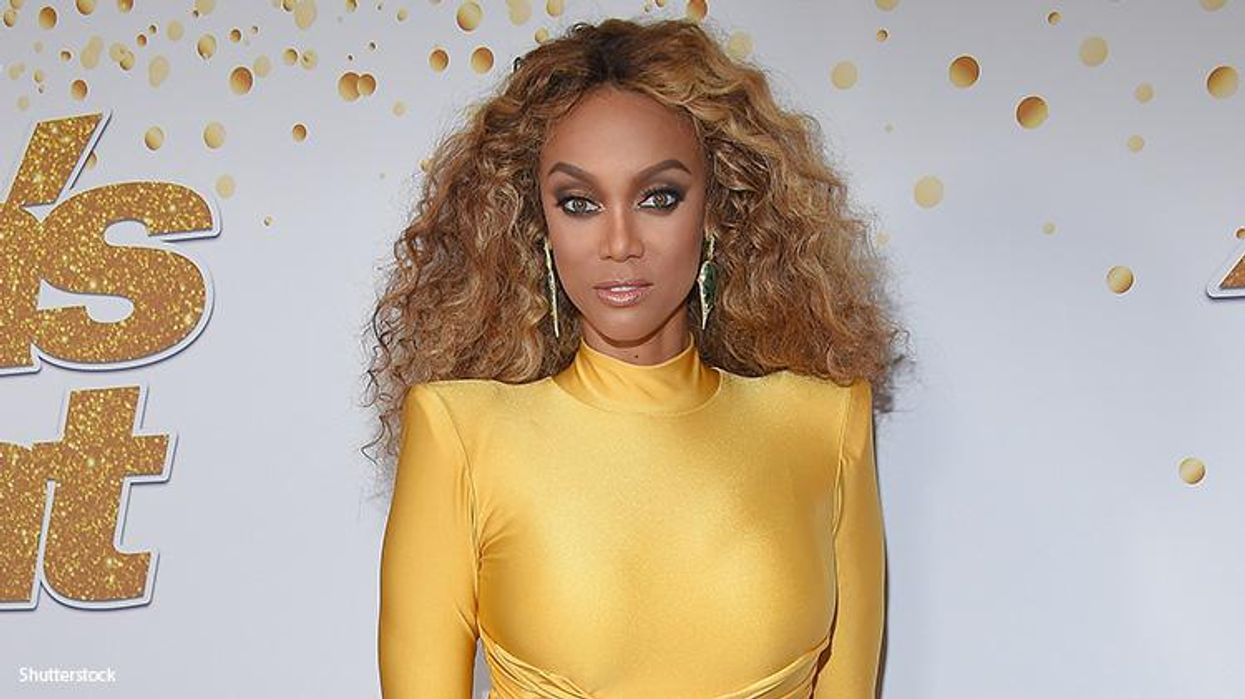

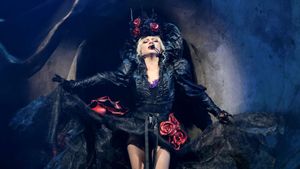

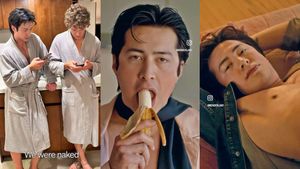
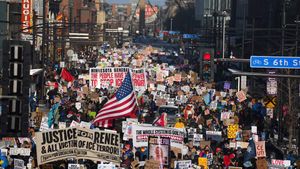

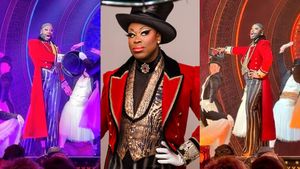



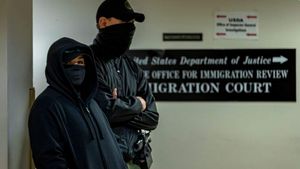
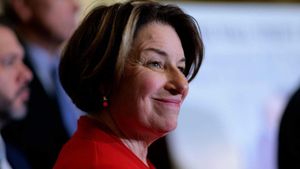


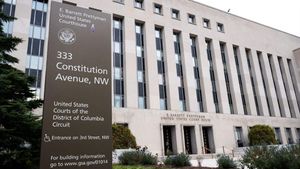
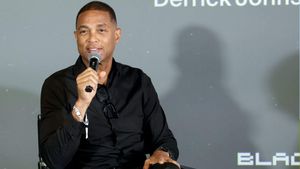











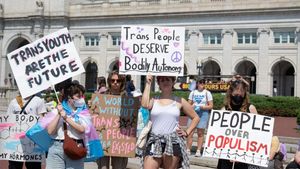


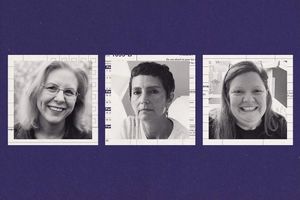

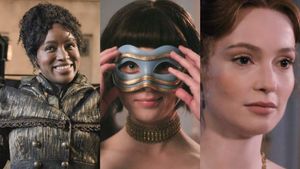



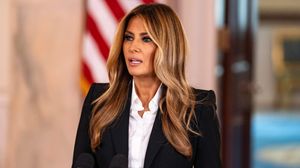

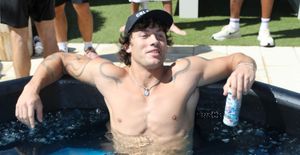
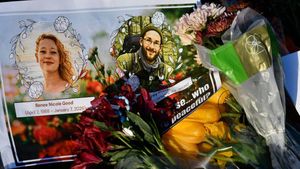





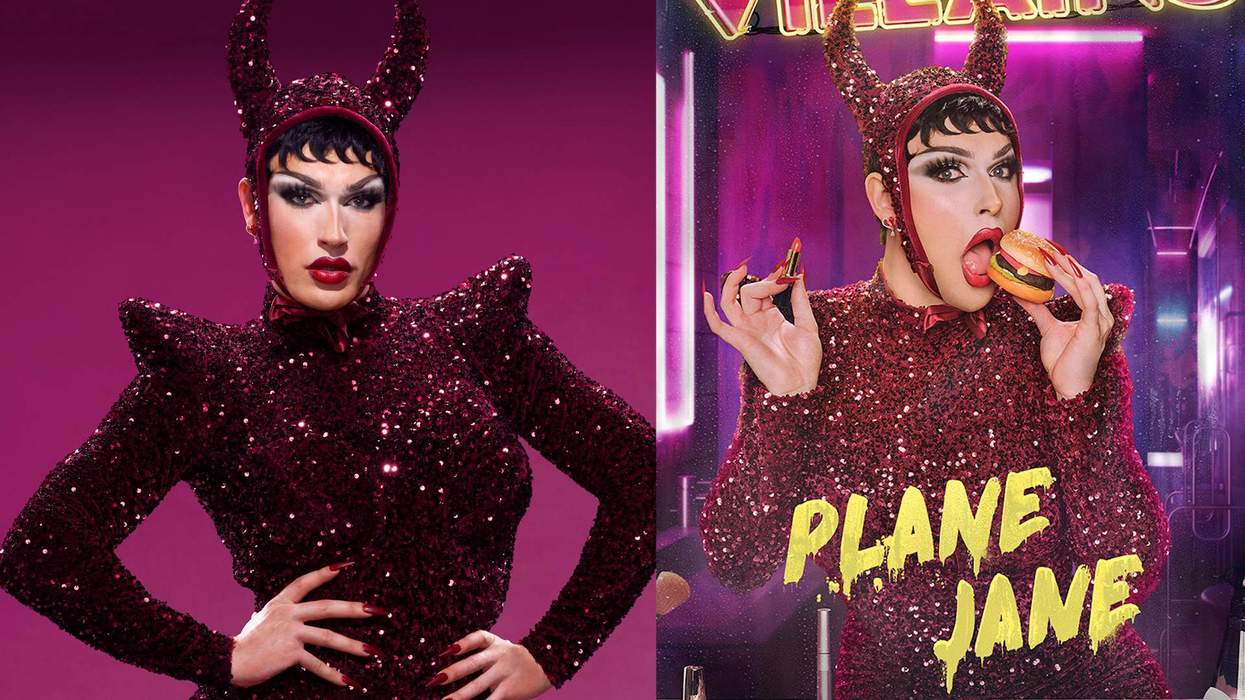

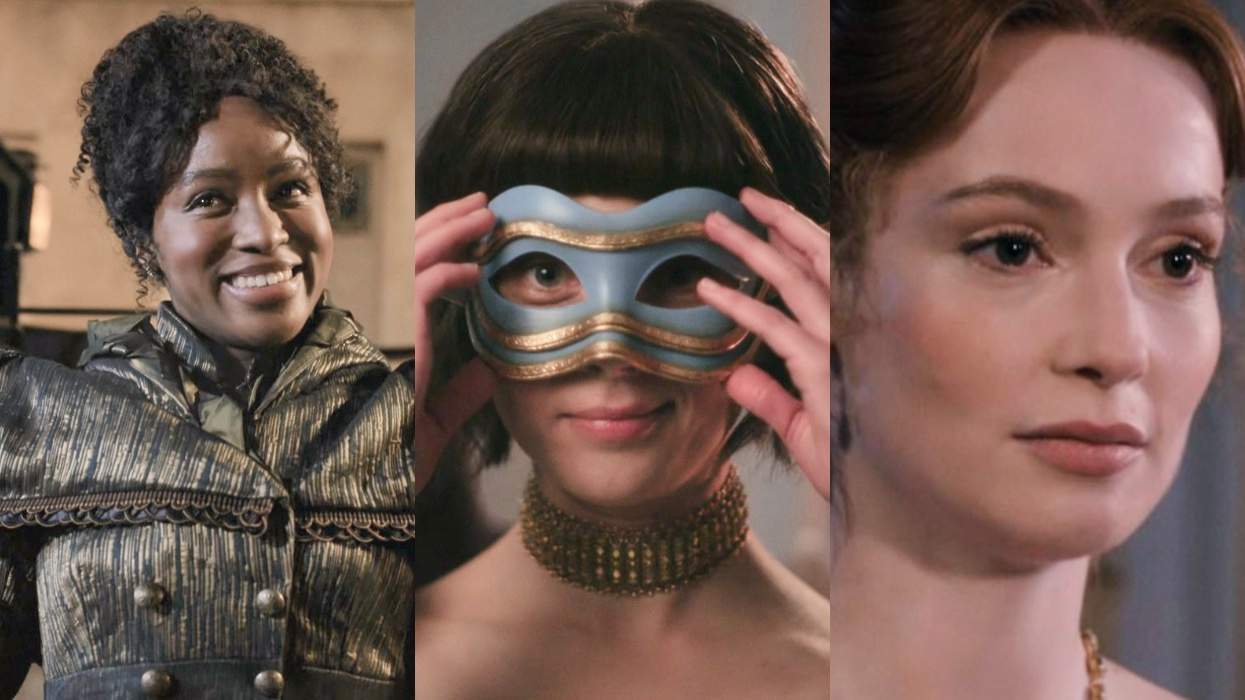





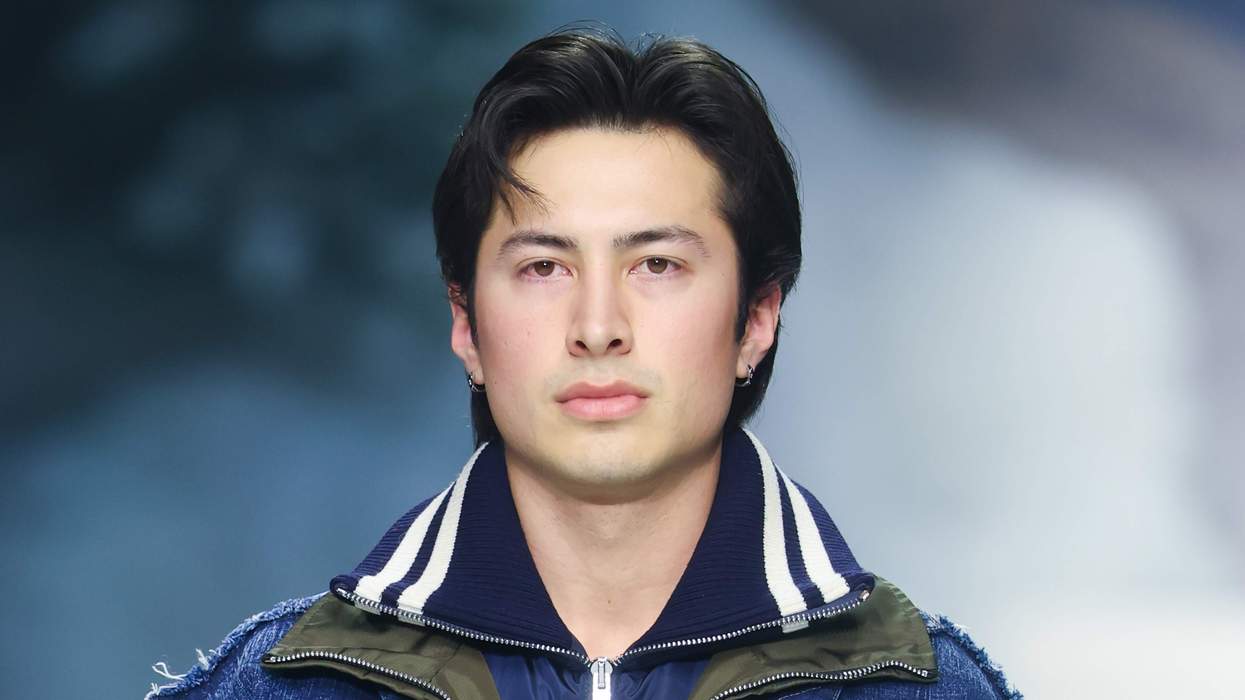
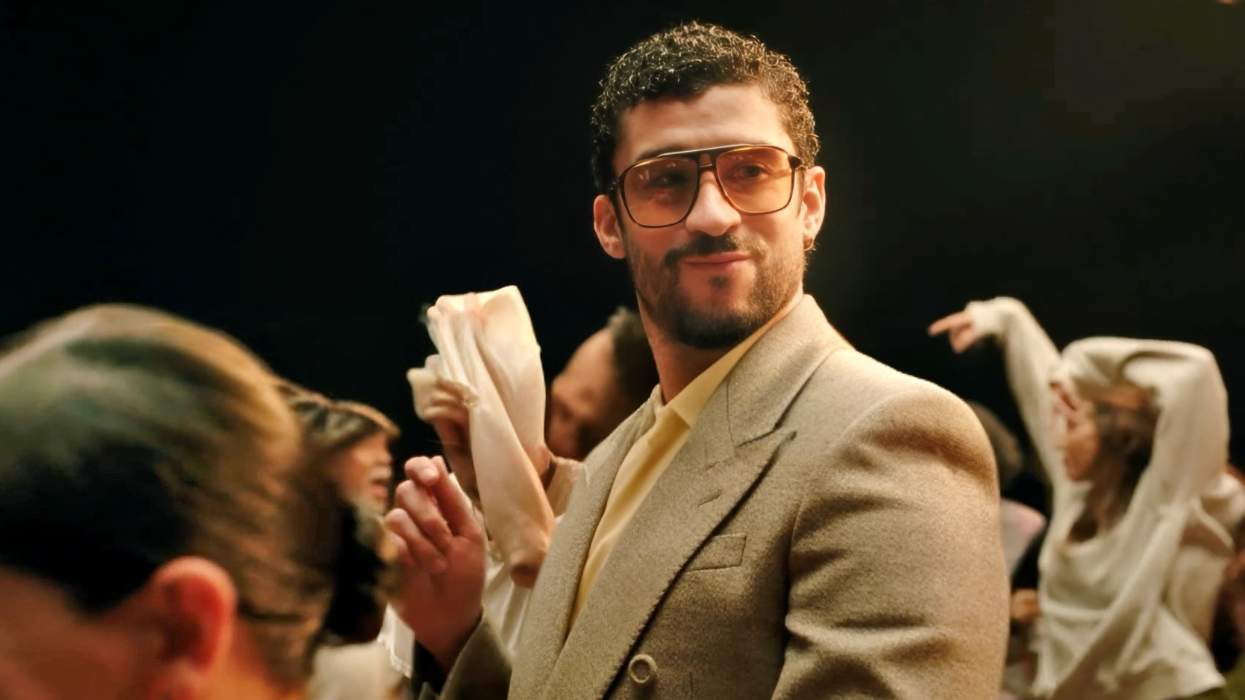
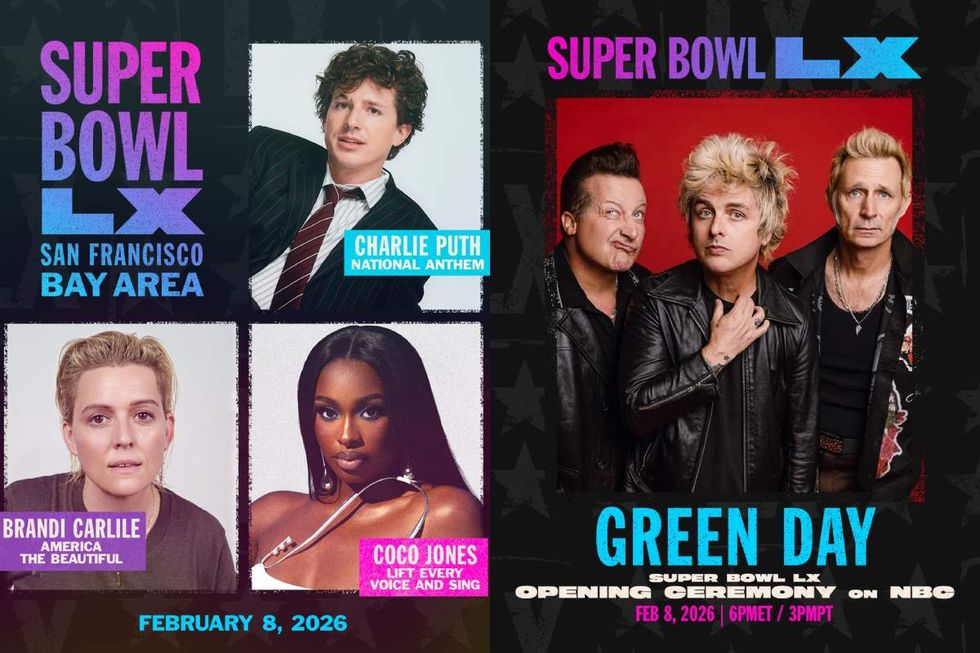 Charlie Puth, Brandi Carlile, Coco Jones, and Green Day announced as performers for the 2026 Super Bowl.
Charlie Puth, Brandi Carlile, Coco Jones, and Green Day announced as performers for the 2026 Super Bowl.